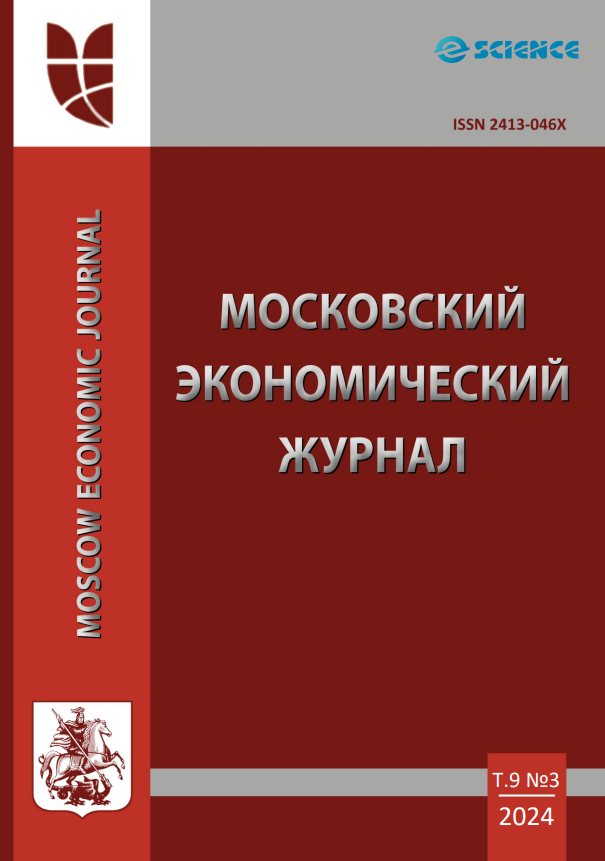UDC 37
Scientific research in the field of education is increasingly paying attention to the relationship between students' self-efficacy and their academic performance. This article provides an overview of current research on this issue in order to identify the key factors influencing self-efficacy and its role in learning. The author analyzes both internal and external factors affecting students' self-esteem and their belief in their own ability to achieve academic success. Special attention is paid to methods and strategies that contribute to improving students' self-efficacy, such as developing positive thinking, setting realistic goals, and developing self-regulation and time management skills. Taking into account the research results, the article offers recommendations for teachers and educational institutions on how to integrate these strategies into teaching practice in order to improve the educational process and achieve better academic results.
self-efficacy, influence, academic performance, educational practice
1. Nikolaeva N.V. Informacionno-obrazovatel'naya sreda vuza v kontekste smeshannogo obucheniya // Kollekciya gumanitarnyh issledovaniy. 2022. №4 (33). S. 184-191.
2. Berman N.D. Vliyanie samoeffektivnosti na obuchenie studentov // Mir nauki. Pedagogika i psihologiya. 2020. №2.
3. Ermakova O.M. Lichnostnye osobennosti studentov-psihologov s raznym urovnem professional'noy identichnosti (sociologicheskiy analiz) // Izvestiya Rossiyskogo gosudarstvennogo pedagogicheskogo universiteta im. A.I. Gercena. 2009. № 101. S. 274-277.
4. Kolomiec O.V. Samoeffektivnost' studentov gumanitarnyh i tehnicheskih special'nostey // Aktual'nye problemy gumanitarnyh i estestvennyh nauk. 2015. № 6-4. S. 94-97.
5. Govorushenko A.V. Akademicheskaya adaptaciya studentov-pervokursnikov k obucheniyu v vuze // Gumanitarnye issledovaniya. Pedagogika i psihologiya. 2021. №6. S. 90-96.











